15 Signs You Aren't Ready to Claim Social Security
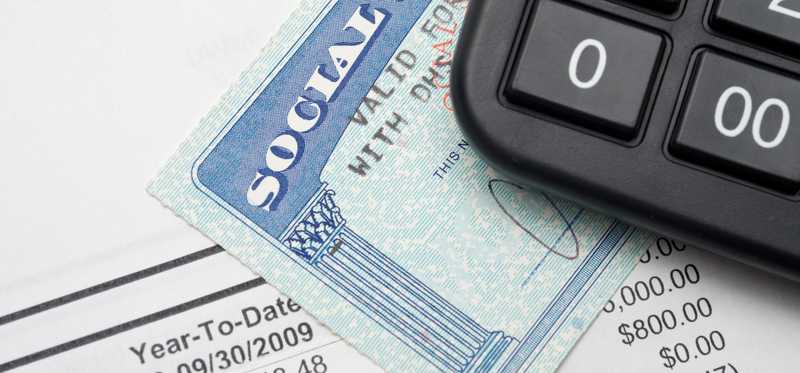
15 Signs You Aren't Ready to Claim Social Security
Claiming Social Security before you're ready can have serious consequences
Social Security benefits are an important income source. Unfortunately, many people rush into claiming these benefits and don't take the time to make sure filing for checks is actually the right financial move at that moment.
You don't want to end up regretting your choice of when to claim Social Security because your decision leaves you without the money you need as a retiree.
To make sure that doesn't happen to you, be on the lookout for these 15 signs that you shouldn't file for benefits just yet.
I Can't Believe This $17,166 Social Security Bonus Was So Easy Uncover a handful of little-known "Social Security secrets"... including a simple process that removes the guesswork and makes it easy to earn as much as $17,166 in additional benefits every year. Click here to get access to information on how you can uncover this lucrative strategy and even more insider information you won't want to miss.
Previous
Next

1. You don't understand how the benefits formula works
You'll want to make sure you understand how benefits are calculated before you start receiving them. That way, you can avoid inadvertently making decisions that shrink the size of your payment.
Social Security benefits are based on average wages in the 35 years your earnings were highest. Wages are adjusted for inflation, and you receive a percentage of the average amount you earned over the course of your career.
Previous
Next

2. You don't know your full retirement age
You'll also need to know your full retirement age (FRA) before claiming benefits. FRA is the age when you must get your first check in order to receive the standard benefit that is calculated based on average wages.
FRA is based on birth year. Here's when yours is, based on when you were born:
- 1956: 66 and 4 months
- 1957: 66 and 6 months
- 1958: 66 and 8 months
- 1959: 66 and 10 months
- 1960 or later: 67
Previous
Next
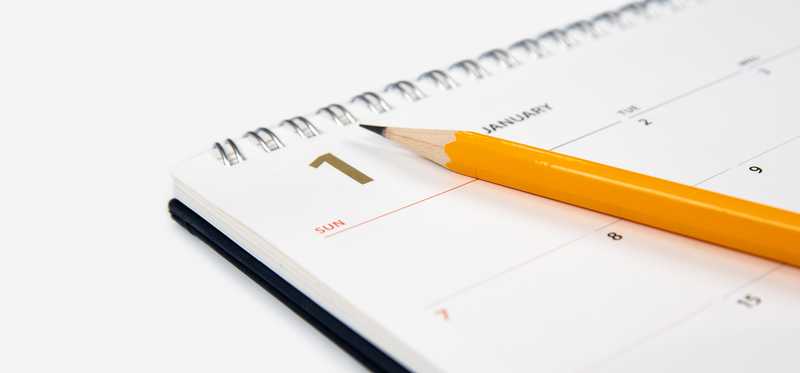
3. You aren't sure how early or late filing impacts your Social Security income
Although you must claim benefits at FRA to get your standard benefit, you have many other options for when to receive your first Social Security check. You can begin getting payments as early as 62, or can wait until 70.
Claiming early or filing late both affect the size of your monthly payments. You'll want to be sure you understand how delayed retirement credits and early filing penalties work before you start getting checks, so you can determine the impact of your claiming age.
While early filing penalties reduce your monthly payment for each month you get a check ahead of FRA, delayed retirement credits raise the amount you receive for each month you wait until after it.
The penalties and credits add up. Claiming at 62 with a full retirement age of 67 results in a 30% reduction to your Social Security income, while putting off a claim for benefits increases payments by 8% per year until 70.
Previous
Next

4. You haven't calculated your break-even point
If you delay claiming Social Security, you miss out on months or years of income. But you eventually get higher checks. In order for a delay to be worth it, the extra money you receive each month will need to equal, or exceed, the missed funds.
You'll want to calculate how long you must receive higher checks in order to break even for forgone income. Doing this math -- which is called finding your break-even point -- helps you to estimate whether you'll live long enough to make a benefits delay worthwhile.
Previous
Next

5. You haven't earned enough work credits to qualify
In order to become eligible for Social Security retirement benefits, you must earn 40 work credits in total. You can earn a maximum of four credits per year, for each year that your earnings are high enough.
If you haven't worked for at least 10 years and earned at least 40 credits, you aren't going to be eligible for Social Security retirement benefits on your own work history.
While you may be entitled to other kinds of income from the Social Security Administration, such as spousal or survivors benefits, you should be aware of this rule before filing for your payments to begin. That way, you can learn the claiming rules for the specific kinds of benefits you're eligible for.
I Can't Believe This $17,166 Social Security Bonus Was So Easy Uncover a handful of little-known "Social Security secrets"... including a simple process that removes the guesswork and makes it easy to earn as much as $17,166 in additional benefits every year. Click here to get access to information on how you can uncover this lucrative strategy and even more insider information you won't want to miss.
Previous
Next

6. You haven't worked 35 years
As mentioned before, the Social Security benefits formula is based on average wages over 35 years.
So, what happens if you claim benefits before you've put in 35 years on the job? You'll be eligible for them, provided you have a sufficient number of work credits. But for each year you fall short, a year of $0 wages will be included in the calculation that determines your average wage.
Your average wage will obviously be a lot lower if you have a bunch of years of no earnings included in it, so ideally you should aim to work for at least 35 years before filing for Social Security benefits.
ALSO READ: 5 Factors That Determine How Much You Get From Social Security
Previous
Next
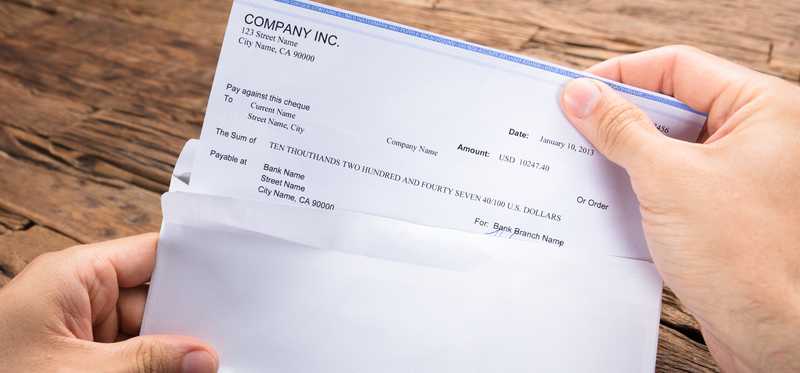
7. Your salary is much higher now than earlier in your career
Many people follow a similar career trajectory. They may start off at a job that doesn't pay much, only to increase their skills and their earnings over time.
People may also take time off during the middle of their career, or work only part-time or part of the year because they lose their jobs or have family or personal issues to attend to.
As a result, there's a good chance you may be earning a lot more money later in life than you did during some earlier periods. If that's the case, working for some extra years at your higher salary could mean you end up with more Social Security benefits.
That's because more years of high earnings will become part of the 35 years used to calculate your average wage that benefits are based on.
Previous
Next

8. You haven't estimated your benefit amount
It's important to have a realistic idea of how much your monthly Social Security will actually be before claiming it. That's because there's a very good chance it will be for much less than you anticipate.
Social Security isn't meant to be a sole income source in retirement, although far too many people do end up relying on these benefits too much. Your retirement income is supposed to come from savings, a pension, and Social Security. As a result, your monthly benefit is designed to replace only around 40% of pre-retirement earnings, which isn't enough to live on.
Before you claim benefits, sign into your mySocialSecurity account to find out the truth about how much your benefit will be, so you don't have unrealistic financial plans for your later years.
ALSO READ: Why I'm Not Counting on Social Security, and You Shouldn't Either
Previous
Next
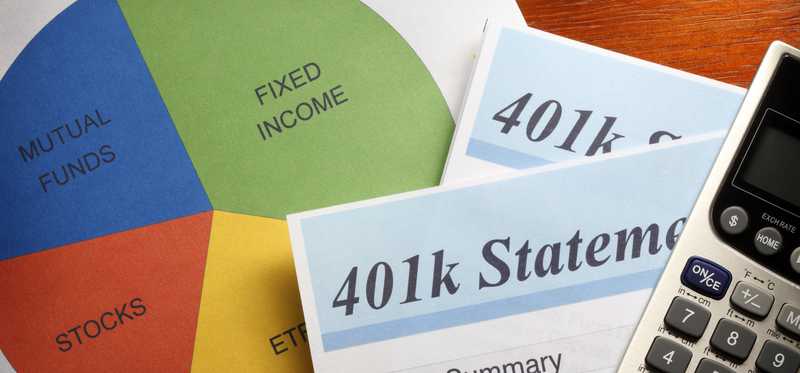
9. You don't have enough supplementary income
You'll want to estimate the amount of income you have from other sources to make sure there are sufficient funds coming in to supplement Social Security.
If you don't have an employer pension, chances are good this extra money will need to come from savings. Be sure you know how much income your investment accounts will produce at a safe withdrawal rate before claiming Social Security.
If it turns out your nest egg isn't big enough, you may want to put off retiring and delay claiming Social Security for a few years so you can both save more for the future and raise your monthly retirement benefit amount.
Previous
Next

10. You haven't created a retirement budget
To make sure you'll end up with enough money after claiming Social Security, you should have a retirement budget in place.
By figuring out what amount you'll need to cover your essential costs plus any desired luxuries, you can assess whether you're in a good financial position to leave work and claim benefits
I Can't Believe This $17,166 Social Security Bonus Was So Easy Uncover a handful of little-known "Social Security secrets"... including a simple process that removes the guesswork and makes it easy to earn as much as $17,166 in additional benefits every year. Click here to get access to information on how you can uncover this lucrative strategy and even more insider information you won't want to miss.
Previous
Next

11. You haven't coordinated with your spouse
If you're married, your Social Security decisions affect your spouse. For example, if you start benefits early, you could end up reducing survivors benefits that your spouse would get after you are gone. Or, if your partner will rely on spousal benefits, delaying your claim means those benefits are not available until you've filed.
You should understand the Social Security rules affecting married couples and make sure you and your partner work together on a plan that's right for both of you.
ALSO READ: 2 Social Security Questions All Married Couples Should Ask
Previous
Next
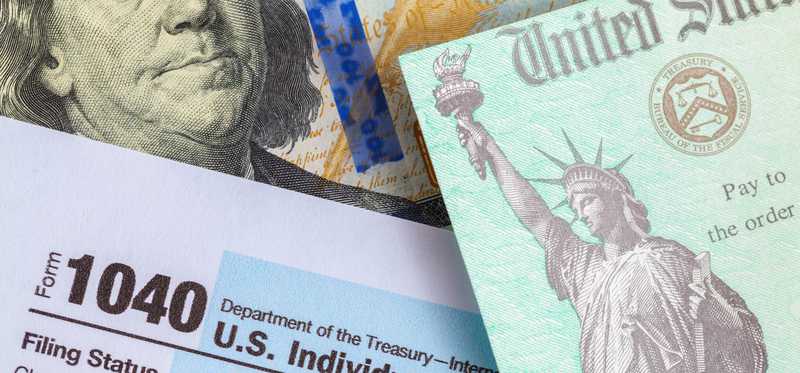
12. You don't know the rules for Social Security benefits taxes
In some cases, you can owe federal and state taxes on Social Security benefits. Whether you do depends on your income, where you live, and whether your retirement money comes from Roth or traditional accounts.
Taxes reduce the buying power that benefits provide, so you'll want to understand if you'll be taxed -- and what you'll owe -- before you file for Social Security.
Previous
Next
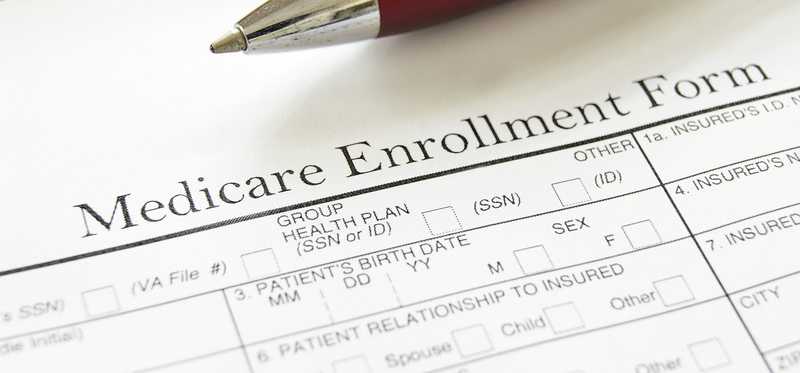
13. You don't know how Medicare will impact your Social Security check
Most seniors have Medicare premiums paid automatically out of their Social Security benefits. This also reduces the income these checks provide.
You should know how much your premiums will be (based on income) so you can better understand how much Social Security money will be left over after these essential medical insurance costs are taken out.
Previous
Next

14. You don't know how COLAs work
Social Security has cost-of-living adjustments (COLAs) built into the program to help ensure seniors don't lose too much ground due to inflation.
These benefits are based on a percentage of your benefits. For example, you might get a 2% COLA. As a result, shrinking benefits by claiming early means smaller COLAs going forward. You should take this into account before deciding whether to start checks.
COLAs have also fallen short of actually keeping pace with inflation, resulting in benefits losing buying power over time. It's important to be prepared for this, because it could affect how much you can afford late in retirement.
Previous
Next

15. You don't know the rules for working on Social Security
Finally, if you are under full retirement age and you plan to work while collecting benefits, you must understand the rules for how a paycheck could affect your Social Security income.
In 2022, if you earn more than $19,560 per year, you will lose $1 in benefits for every $2 in extra funds if you won't hit FRA at any time during the year. If you will reach FRA some time in 2022 but haven't yet, you'll lose $1 in benefits for every $3 earned above $51,960 per year.
Knowing these rules is crucial because you don't want to anticipate getting benefits and a paycheck and then discover that isn't possible.
I Can't Believe This $17,166 Social Security Bonus Was So Easy Uncover a handful of little-known "Social Security secrets"... including a simple process that removes the guesswork and makes it easy to earn as much as $17,166 in additional benefits every year. Click here to get access to information on how you can uncover this lucrative strategy and even more insider information you won't want to miss.
Previous
Next

Are you prepared to claim Social Security?
If you spot any of these 15 red flags, you should do a little more research before you claim your Social Security check.
You'll want to make sure you're truly making the right choice for you, and a full understanding of how this entitlement program works is key to making that happen.
The Motley Fool has a disclosure policy.
Previous
Next
Invest Smarter with The Motley Fool
Join Over Half a Million Premium Members Receiving…
- New Stock Picks Each Month
- Detailed Analysis of Companies
- Model Portfolios
- Live Streaming During Market Hours
- And Much More
READ MORE
HOW THE MOTLEY FOOL CAN HELP YOU
-
Premium Investing Guidance
Market beating stocks from our award-winning service
-
The Daily Upside Newsletter
Investment news and high-quality insights delivered straight to your inbox
-
Get Started Investing
You can do it. Successful investing in just a few steps
-
Win at Retirement
Secrets and strategies for the post-work life you want.
-
Find a Broker
Find the right brokerage account for you.
-
Listen to our Podcasts
Hear our experts take on stocks, the market, and how to invest.
Premium Investing Services
Invest better with The Motley Fool. Get stock recommendations, portfolio guidance, and more from The Motley Fool's premium services.